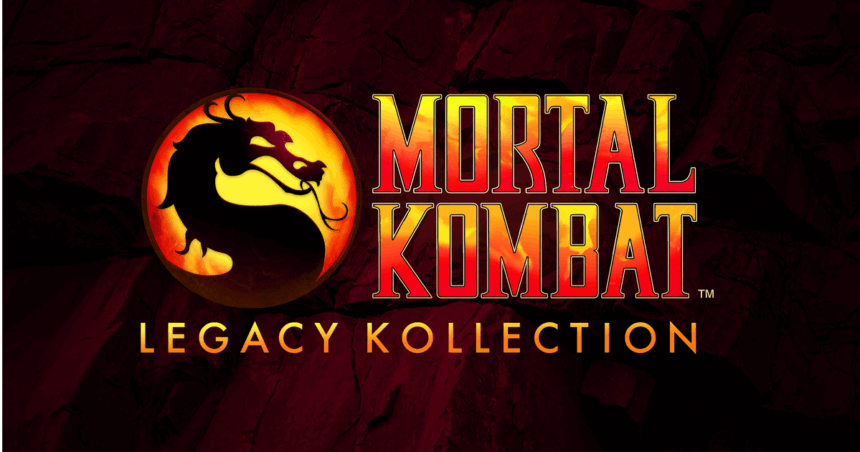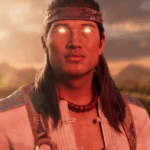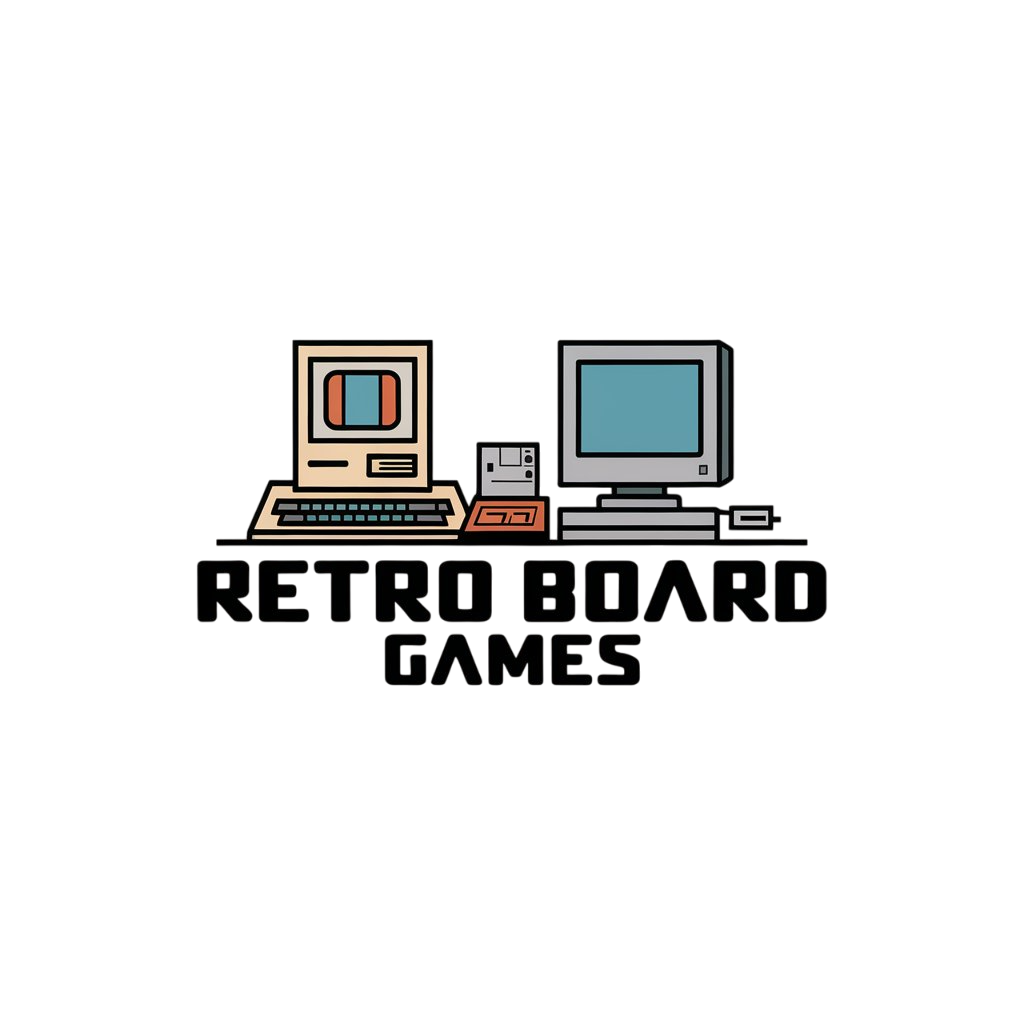Digital Eclipse has gained a reputation throughout the industry for its lavish collections of retro games, featuring generous helpings of extra content that help to tell the story of the games’ development. At Sony’s State of Play presentation in June, the company revealed its latest project – Mortal Kombat: Legacy Kollection.
“It’s a long time coming,” says Stephen Frost, head of production at Digital Eclipse. He worked on Street Fighter 30th Anniversary Collection back in 2018, and he recalls the discussion at the time about which fighting franchise to do next.
“I was thinking it would be great if we could do Killer Instinct, or it’d be great if we could do lesser-known ones, like Primal Rage,” he says. “But Mortal Kombat was always obviously the next after Street Fighter.” Unfortunately, the negotiations back then with franchise owner Warner Bros. came to nothing. “Everything sort of fizzled out,” laments Frost.
The catalyst for getting things moving once more was the release of Atari 50: The Anniversary Collection in 2022, with its pioneering interactive documentary approach, combining video interviews with playable versions of past games.
“That’s really when the conversations turned and became a little bit more serious,” he says. Warner could clearly see the potential of applying the same approach to Mortal Kombat. The deal was finally signed late last year, says Frost. “It was like a Christmas holiday present.”
All in
As with Digital Eclipse’s previous releases, such as Tetris Forever, the aim of Mortal Kombat: Legacy Kollection is to provide the most comprehensive history of the game possible, right down to including the technologically compromised handheld ports.
“One of the things that became clear to me early on is that everybody has their version of Mortal Kombat,” says content editor Dan Amrich, who joined Digital Eclipse at around the time Atari 50 was released.
He grew up playing the Genesis version of the game, but he recently talked to someone who gave a passionate defence of the Game Boy port, which they spent hours playing in the back of a car on family trips. “It’s not the best version of Mortal Kombat,” he says. “But there are people out there that have very vivid and strong love and memories for specific versions.”
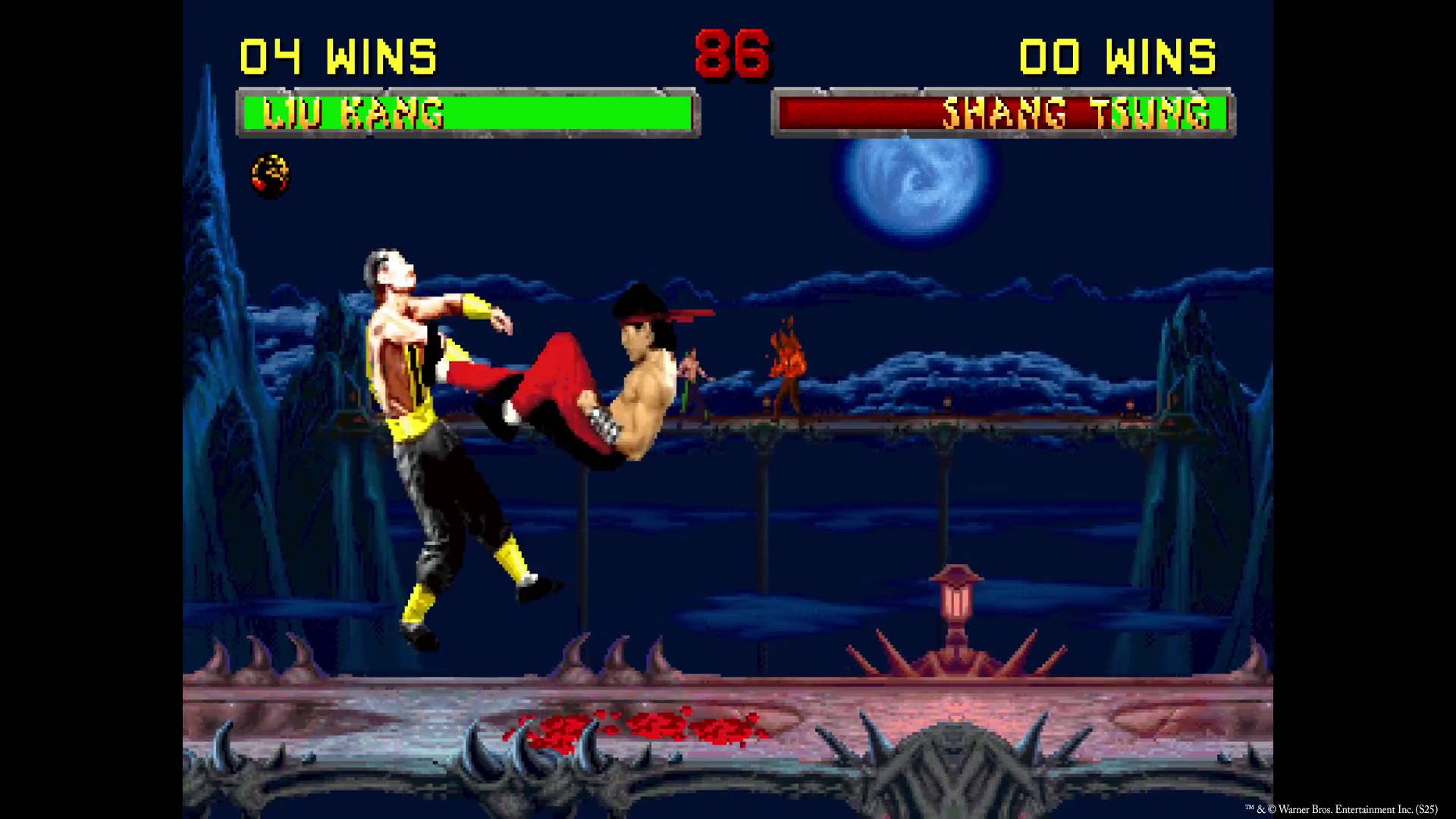
Amrich adds that because few people who grew up in the nineties would have been lucky enough to own, say, both a Genesis and Super NES, the collection offers a way to see “what was going on on the other side”.
He’s been on his own journey of discovery in putting it together, since it marks the first time he has played the Game Gear and Sega 32X versions of Mortal Kombat II. Playing these alternative takes for the first time has made a game that he knows “very, very well” into something “brand new”, he says.
Frost adds that some people can be a little salty about the inclusion of ports that are less than perfect in collections such as this: like Mortal Kombat on the Game Boy, with its severely cut down roster of characters. “It’s an affront to them for some reason,” he says. “I’m like, just because you didn’t grow up playing it, someone else did.”
Mortal Kombat: Legacy Kollection features arcade, handheld and console versions of the first four games in the series – adding online play as well – but Digital Eclipse has also promised more content to come.
Why so coy? Is it, perhaps, that this forthcoming content has yet to be signed off? “There are always cases with these collections where there’s potential issues with rights, or from a scope perspective, trying to get something up and running in a timely manner,” admits Frost. “But […] in this case, it’s more about keeping that air of mystery – because Mortal Kombat has always been about secrets.”
Back-catalogue gold
The Mortal Kombat collection is part of a growing industry-wide trend for re-releases and remasters, perhaps because – as Nightdive CEO Stephen Kick pointed out recently – publishers have realised there’s money to be made from their decades-old back catalogues. Frost thinks there’s a “lot more industry discussion” about game preservation now.
“Companies more broadly are thinking about, like, OK, we have all of this older IP, all this old code, all these old assets… We should probably get a little bit better at it.”
He says that the process of Digital Eclipse digging through companies’ archives tends to spark conversations about preservation. “They’re like, ‘Hey, we should probably do something with this so it’s easier next time’,” he says. “So I feel that […] we’re helping to roll that ball forward.”
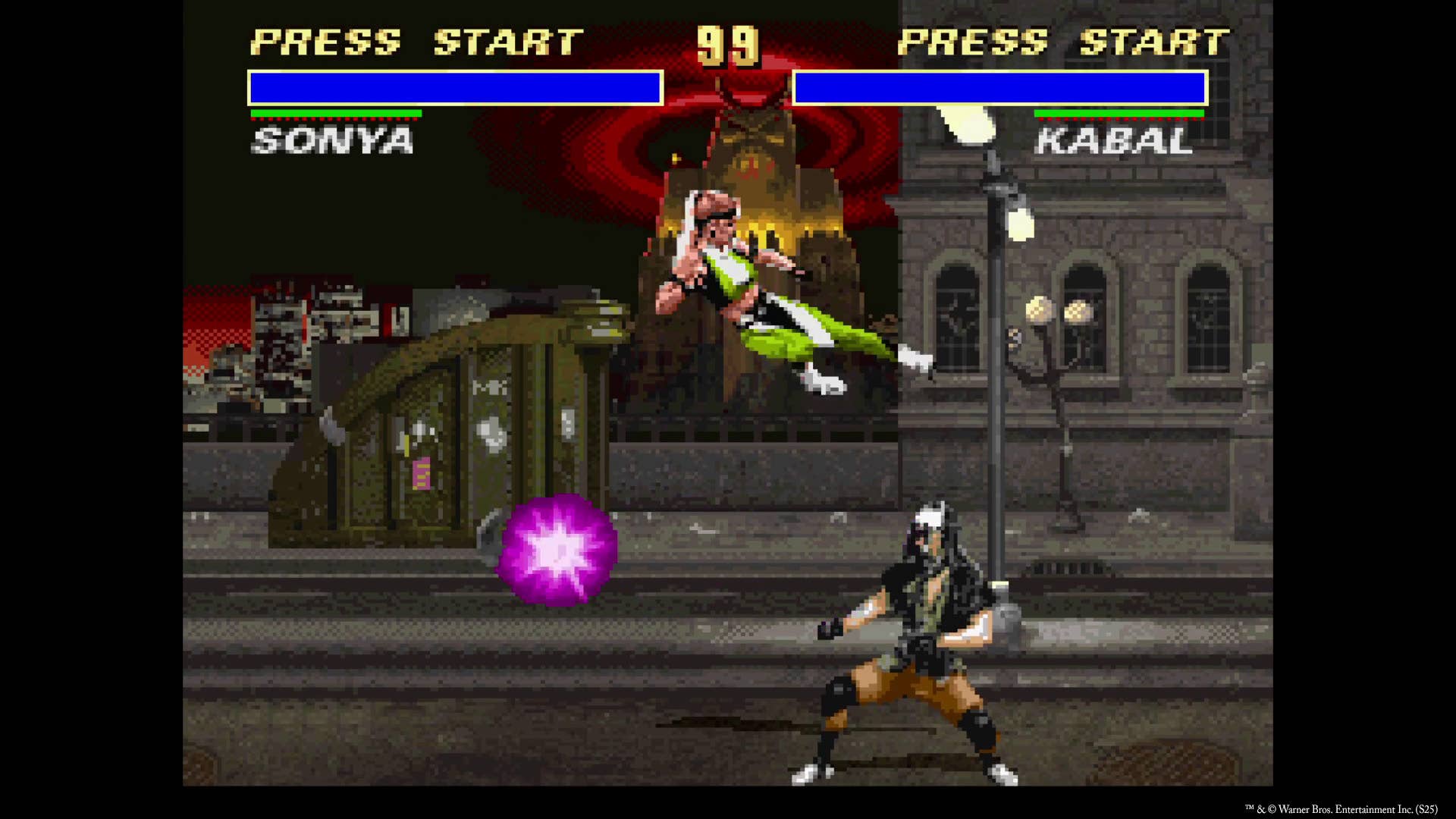
Historically, a huge amount of preservation work has been done by fans rather than the companies that own the IP, and Amrich says Digital Eclipse has brought in the people behind several of Mortal Kombat fan websites to help with the Legacy Kollection. “We put them under NDA back in February,” Frost says, adding that the group was nicknamed the Advisory Kouncil.
The Kouncil was able to unearth a treasure trove of material, like a pre-order bonus poster for Mortal Kombat II that showed all of the game’s moves. “I didn’t know it existed,” admits Amrich, who says that the Kouncil’s help has been “absolutely vital”. He adds that Digital Eclipse has wanted to get fans involved for a long time. “Rather than hear from the fans after a product comes out, [saying], ‘This is where you got it wrong’, I’d rather get course correction early on.”
“We are always going to chase more of what I call the intimate, lower-scale experiences like Karateka and Llamasoft, because we grew up with those games”
Stephen Frost, Digital Eclipse
The process of getting fans involved with remakes and re-releases is becoming increasingly normalised: in fact, when developing Tomb Raider I–III Remastered and Legacy of Kain: Soul Reaver 1 & 2 Remastered, Aspyr hired fans who had already created their own unofficial remasters of the games.
Frost says it’s important to acknowledge that fans often have deep, untapped knowledge. “No matter how much you think you know about something, there’s always someone who has spent more time on a particular title.”
Press pass
Amrich is something of a diehard Mortal Kombat fan himself: he says his “eyes bugged out” when he was told he’d be working on the Legacy Kollection. He covered the early games in his previous career as a game journalist, even interviewing Ed Boon and John Tobias around the launch of Mortal Kombat 3.
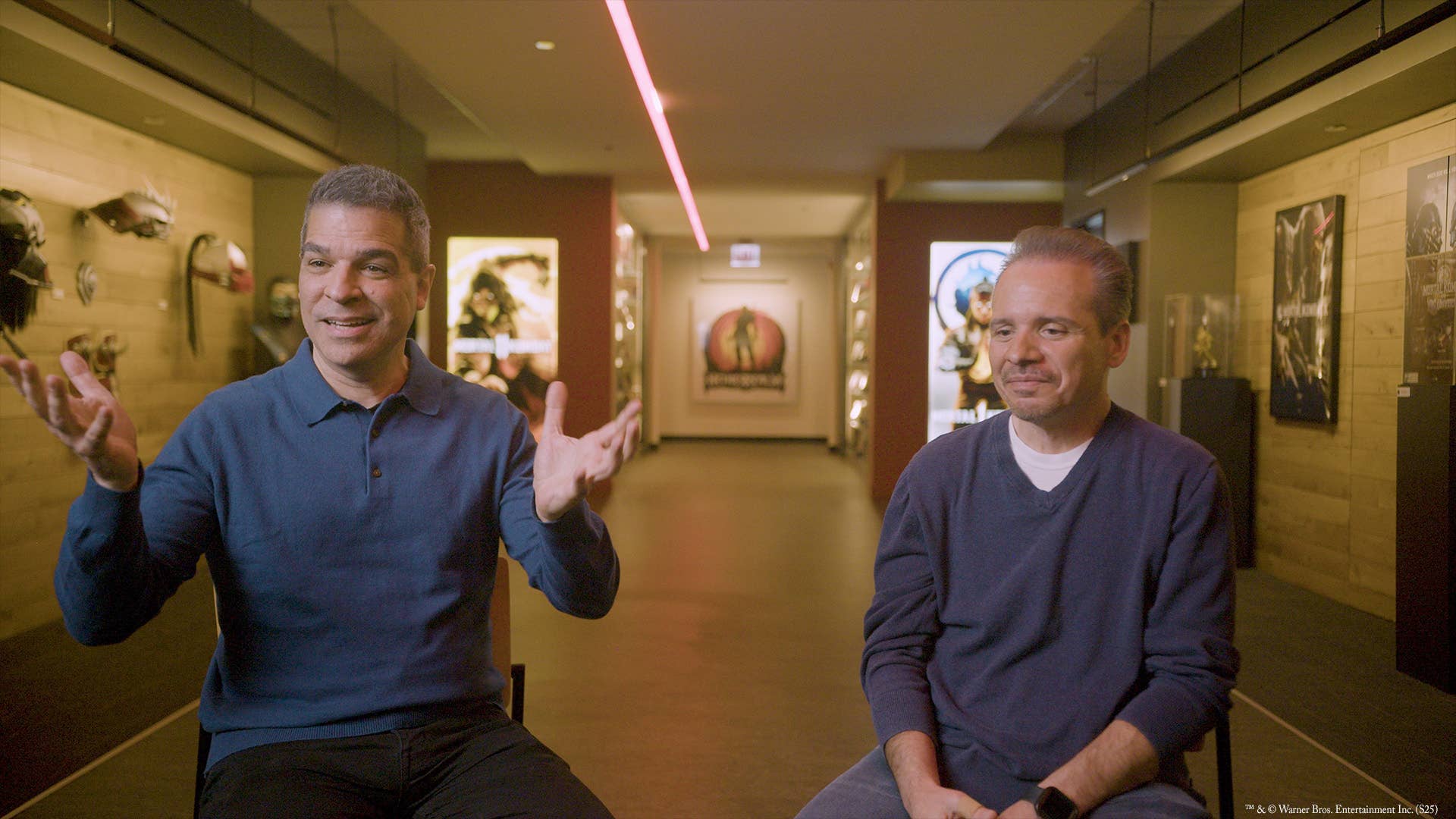
In fact, a huge number of people at Digital Eclipse were previously game journalists, including Frost, who was once senior editor of PSM (he also briefly worked as a webmaster on IGN in its very early days).
“Even in other disciplines, like engineering, we have people with editorial background,” Frost says, noting that Digital Eclipse’s collective journalistic experience is what makes the company so good at creating retro collections. “People try to replicate what we do,” he says, “but […] unless you have a group of people who are very knowledgeable on a wide range of game topics and franchises – [and who] also grew up writing about it and being able to understand what people want to read about and learn – it’s difficult to replicate.”
There’s another boon to hiring ex-journalists. “We have so many contacts,” says Frost, noting that opportunities sometimes arise naturally in the process of regular catch-ups with old industry colleagues. “A marketing person we might be talking to at a company [could be] like, ‘Hey, you know, there’s been an idea for a project prickling up that might be a great fit for Digital Eclipse, what do you think?'”
He adds that being taken over by Atari in 2023 has helped, too, since the firm has been tireless in promoting retro games and helping to bring more awareness to game preservation. But above all, Digital Eclipse is finding that more and more companies are knocking on its door as a result of its growing reputation.
“We have sort of become one of the few de facto places, especially in the US, where we understand not only how to take these older games and get them to run on modern platforms, but also how to reach out and meet with people and talk to people to find all of the marketing materials and press materials, and all of that behind-the-scenes content that might have been scattered to the winds.”
An eclectic mix
Since 2022, Digital Eclipse’s interactive documentaries have covered everything from the highest of high-profile franchises, like Tetris and Mortal Kombat, to some decidedly deep cuts, like Jordan Mechner’s Karateka and the games of Jeff Minter.
So what’s the plan behind it all? “For me, it’s all about balance,” says Frost. “We are always going to chase more of what I call the intimate, lower-scale experiences like Karateka and Llamasoft, because we grew up with those games. […] We consider them key components of the […] early years of this industry.”
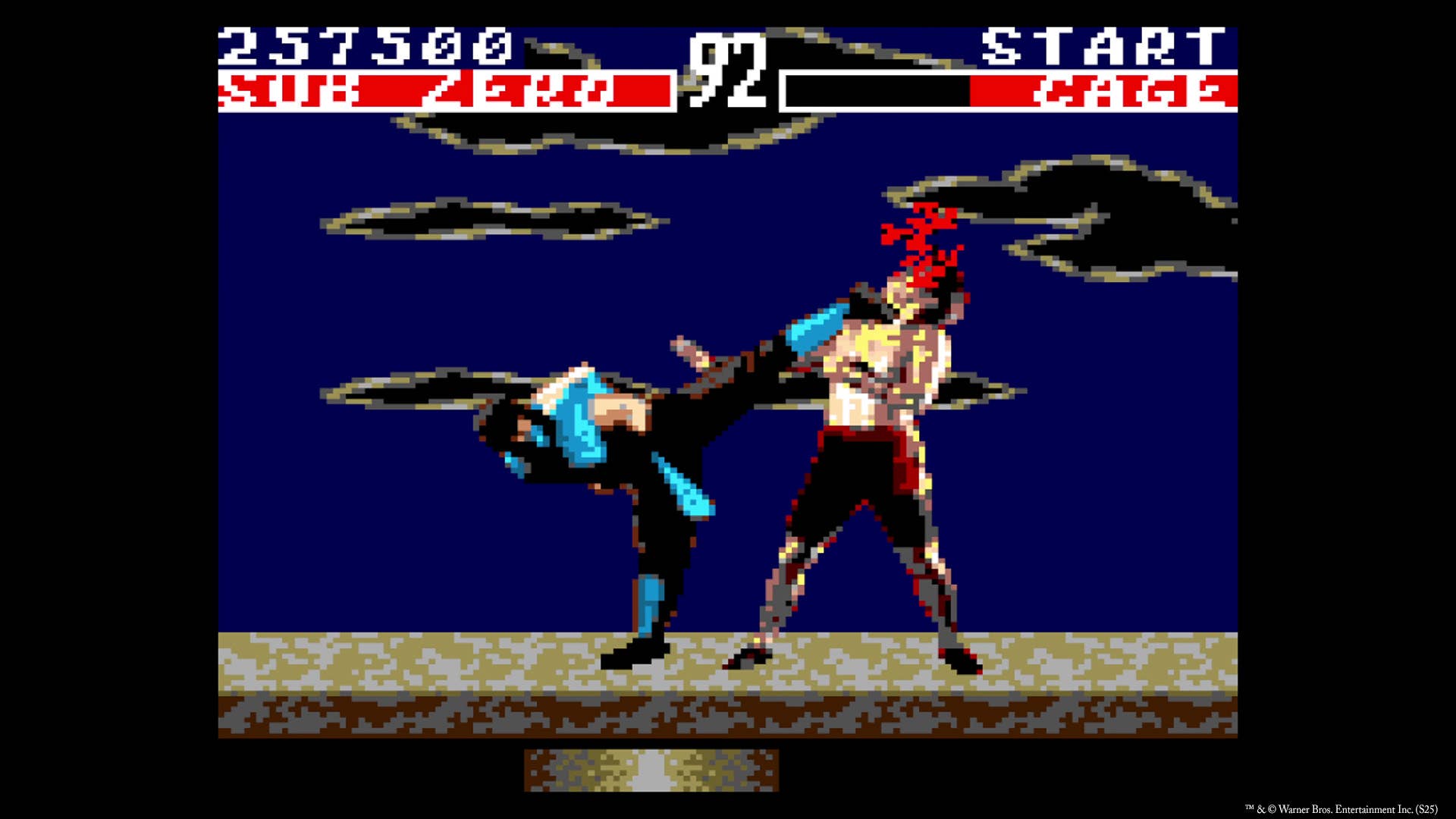
“Now, obviously, some of these smaller-scope titles aren’t going to sell 20 million units, right? And that’s not the goal of them. It’s our role as preservationists […] to share the history of video games in general: that’s what they accomplished. But in order to be able to keep doing that, obviously we also have to pursue bigger and more ambitious IPs that are more recognised by people, such as Tetris.”
Expect more of the same mix in future years, he says, noting that Digital Eclipse’s upcoming slate is a “nice balance of these smaller, intimate titles that we really feel passionate about personally, and then these bigger-scope products that help keep the business going – but also allow us to exercise different muscles as developers.”
Dream games
So what’s next? If they could make an interactive documentary about anything, what would be on Frost and Amrich’s wish list?
“I have two, actually,” says Frost. The first would be a collection dedicated to lesser-known mascot characters from the 16-bit era, during a time when developers were desperately trying to jump on Mario’s platformer bandwagon. He cites games like Cool Spot, Avoid the Noid and Pepsiman as possible inclusions. “I think that would be a fun journey to go on,” he says.
“The other idea, because I’m a fighting game fan, would be to do a Sega Saturn-based fighting game collection,” he continues. “So all the fighting games from the Sega Saturn: the Virtua Fighters, Fighting Vipers, all that stuff in a collection. I think that would be really popular.”
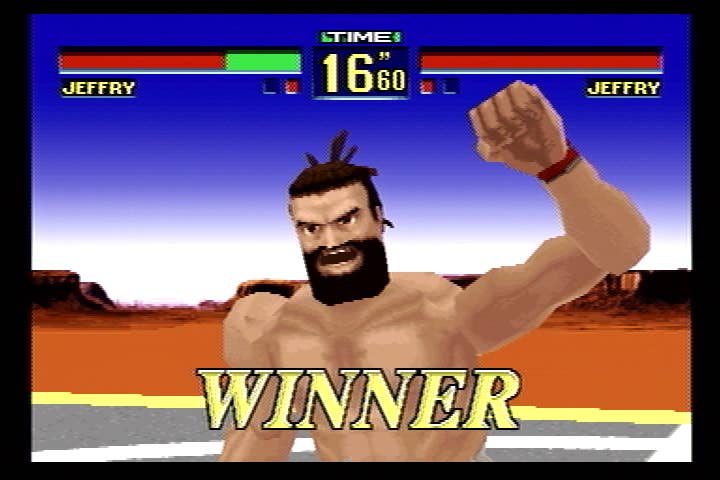
Amrich has a more niche dream project. “My absolute favourite genre of video games in the entire world is car combat,” he says, “and I feel like it’s a horribly underserved genre of late. So while I am tempted to immediately blurt out Twisted Metal, […] my single favourite game of all time is the 1997 Activision PC CD-ROM game Interstate ’76.”
“Something about that game came together perfectly for me: the soundtrack, the low-poly aesthetic, the retro ’70s vibe, the whole growing up in the OPEC oil crisis… I would love to be able to contribute to some sort of Interstate ’76 revival or remake.”
It seems like a long shot. But then again, the sudden arrival of an interactive documentary dedicated to Jeff Minter was hardly expected. Perhaps that’s part of Digital Eclipse’s appeal: you never quite know what it will come out with next, like with their surprise announcement of a collection of Golden Tee golf games, complete with virtual trackball. And there are still vast swathes of gaming history to cover.

